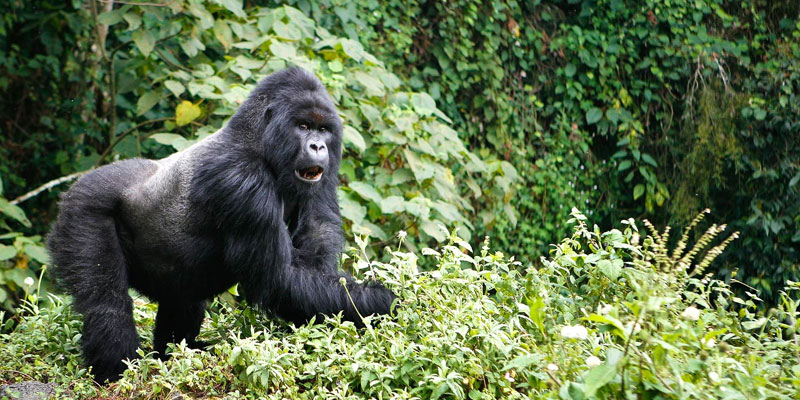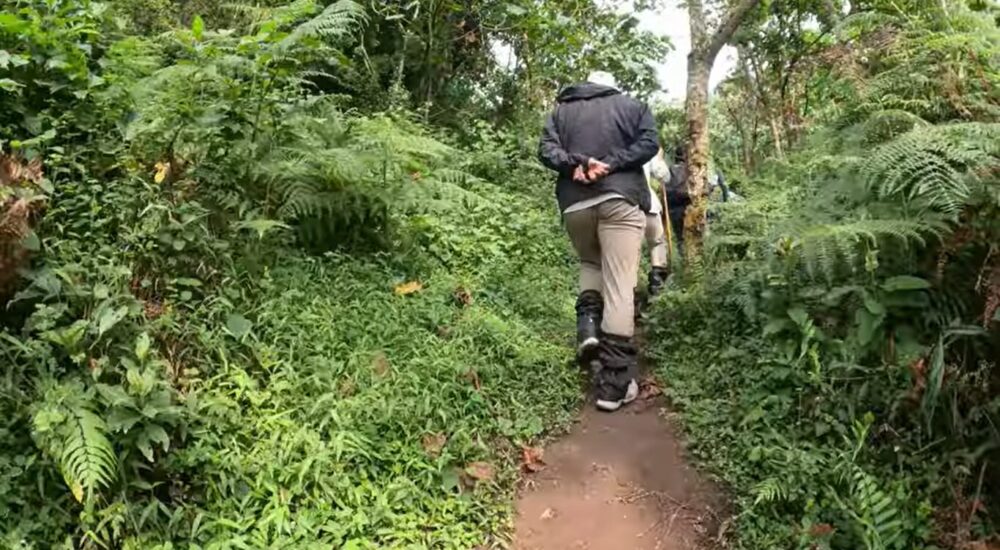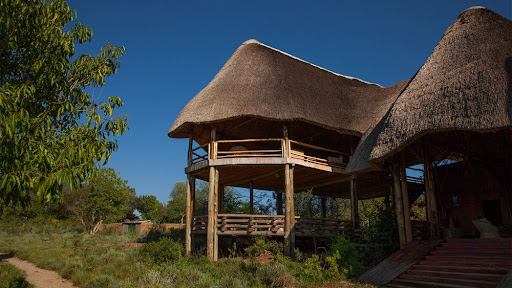Explore the importance of eco-friendly gorilla trekking and how it supports conservation and uplifts communities…
The Impact of Age on the Gorilla Trekking Experience in Rwanda and Uganda.
The Impact of Age on the Gorilla Trekking Experience in Rwanda and Uganda.
Gorilla trekking in Rwanda and Uganda offers a once-in-a-lifetime opportunity to observe these majestic creatures in their natural habitat. This unique experience, however, comes with physical demands that vary depending on age. From young adventurers to older explorers, age plays a significant role in shaping the overall trekking experience. Here’s a closer look at how age impacts the trek and what to consider when planning this incredible journey.
1. Young Trekkers (Ages 15-25): Energy Meets Enthusiasm
The minimum age for gorilla trekking in both Rwanda and Uganda is generally set at 15 years. This age limit ensures that participants are mature enough to handle the physical and behavioral expectations of the trek. Young trekkers, typically aged 15 to 25, are often full of energy and enthusiasm, which can be a significant advantage on the trek.
Younger trekkers usually have high stamina and agility, making it easier for them to navigate the steep, uneven terrains of the forest. They are generally less affected by the physical strain of hiking through dense vegetation and can adjust quickly to the pace of the trek.
This group tends to be highly motivated by the thrill of adventure and the excitement of encountering gorillas in the wild, which can make the challenging aspects of the trek more manageable.
Younger trekkers are often keen learners, absorbing information from guides about gorilla behavior, conservation efforts, and the broader ecosystem, adding educational value to their experience.
2. Adults (Ages 26-50): A Balanced Approach
Adults aged 26 to 50 generally represent the largest demographic of gorilla trekkers. This age group combines physical capability with a balanced approach to adventure, often making them well-suited for the trek.
Adults in this age range are typically in good physical shape, particularly those who are active or have experience in hiking or outdoor activities. Regular exercise and a reasonable fitness level are beneficial for managing the trek’s demands.
While they may not have the same level of boundless energy as their younger counterparts, adults are often better at pacing themselves and managing endurance over the duration of the trek.
This group often seeks a deeper understanding of the conservation efforts surrounding gorilla trekking. They tend to appreciate the opportunity not just as an adventure, but as a meaningful way to contribute to wildlife preservation.
![]()
3. Older Adults and Seniors (Ages 51 and Above): Trekking with Caution
Gorilla trekking is an accessible activity for older adults and seniors, though it requires careful consideration of physical capabilities. Many older travelers undertake the trek successfully and find it deeply rewarding, but there are specific factors to keep in mind.
It is crucial for older trekkers to assess their fitness and health levels before embarking on the trek. Conditions such as joint problems, heart issues, or reduced mobility can affect the ability to complete the trek comfortably.
Trekkers in this age group may prefer to opt for shorter and less strenuous routes. Communicating with tour operators or park authorities can help in selecting a trek that matches their physical capabilities, ensuring a safer and more enjoyable experience.
Utilizing support options, such as hiring a porter to assist with carrying bags and providing help on challenging sections of the trail, can make a significant difference. Walking sticks are also highly recommended for added stability.
Additional Considerations Across Age Groups
Regardless of age, acclimatization to the higher altitudes of Rwanda’s Volcanoes National Park or Uganda’s Bwindi Impenetrable National Park can be a factor. Trekkers of all ages should be mindful of altitude effects, such as shortness of breath or fatigue.
The mental aspect of trekking is as important as the physical one. Being prepared for a potentially long and challenging hike, managing expectations, and maintaining patience can enhance the experience for trekkers of any age.
Ensuring vaccinations are up to date, staying hydrated, and wearing appropriate gear are essential for all participants. Older trekkers may also want to bring any necessary medications and discuss the trek with their healthcare provider before departure.
Gorilla trekking in Rwanda and Uganda is a transformative experience that can be enjoyed by individuals across various age groups, from energetic teenagers to seasoned seniors. While age does influence the trekking experience, with proper preparation and realistic expectations, participants of all ages can find immense joy and fulfillment in this extraordinary wildlife encounter.
The key lies in understanding personal limits, making informed decisions about the trek’s difficulty, and embracing the adventure with a spirit of respect and wonder for the magnificent gorillas and their pristine habitats.


